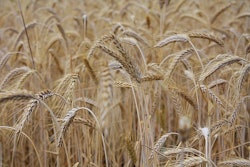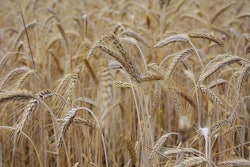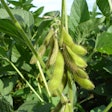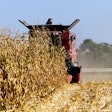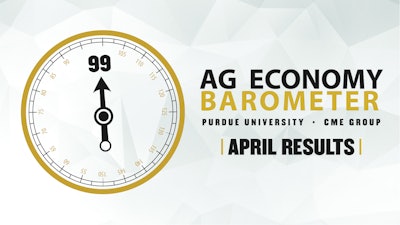
In April, U.S. farmer sentiment experienced a sharp decline, falling 15 points to a score of 99, according to the Purdue University/CME Group Ag Economy Barometer. This marks the lowest sentiment reading since June 2022, with significant drops also observed in the subindexes. The Current Condition Index decreased by 18 points to 83, the weakest since May 2020, while the Future Expectations Index declined by 14 points to 106.
James Mintert, the barometer’s principal investigator and director of Purdue University’s Center for Commercial Agriculture, noted, "Farmers’ sentiment took a significant hit in April, reflecting broader concerns about financial performance and farmland values."
The Farm Financial Performance Index also saw a downturn, falling to 76, which is 7 points less than the previous month and 21 points below last fall's peak. This reflects growing pessimism about the financial outlook for the upcoming year, with a decreasing number of farmers expecting performance to match or exceed last year’s.
Interest rates and farmland value expectations shifted notably. Only 24% of farmers now expect interest rates to rise over the next year, a decrease from 32% in March. Meanwhile, only 29% anticipate a rise in farmland values in the coming year, down from 38% the previous month. More farmers now expect these values to stabilize, despite a slight improvement in their interest rate outlook.
The survey, conducted from April 8-12, 2024, also highlighted a growing interest in solar energy production on farmland. Discussions about solar leases have increased, with 19% of respondents engaged in such talks, up from 12% in March. Of these, 58% received offers exceeding $1,000 per acre for solar leases, indicating rising demand and potentially influencing farmland values in some regions. Mintert added, "Energy production activities could provide some support for farmland values and expectations in some regions."



